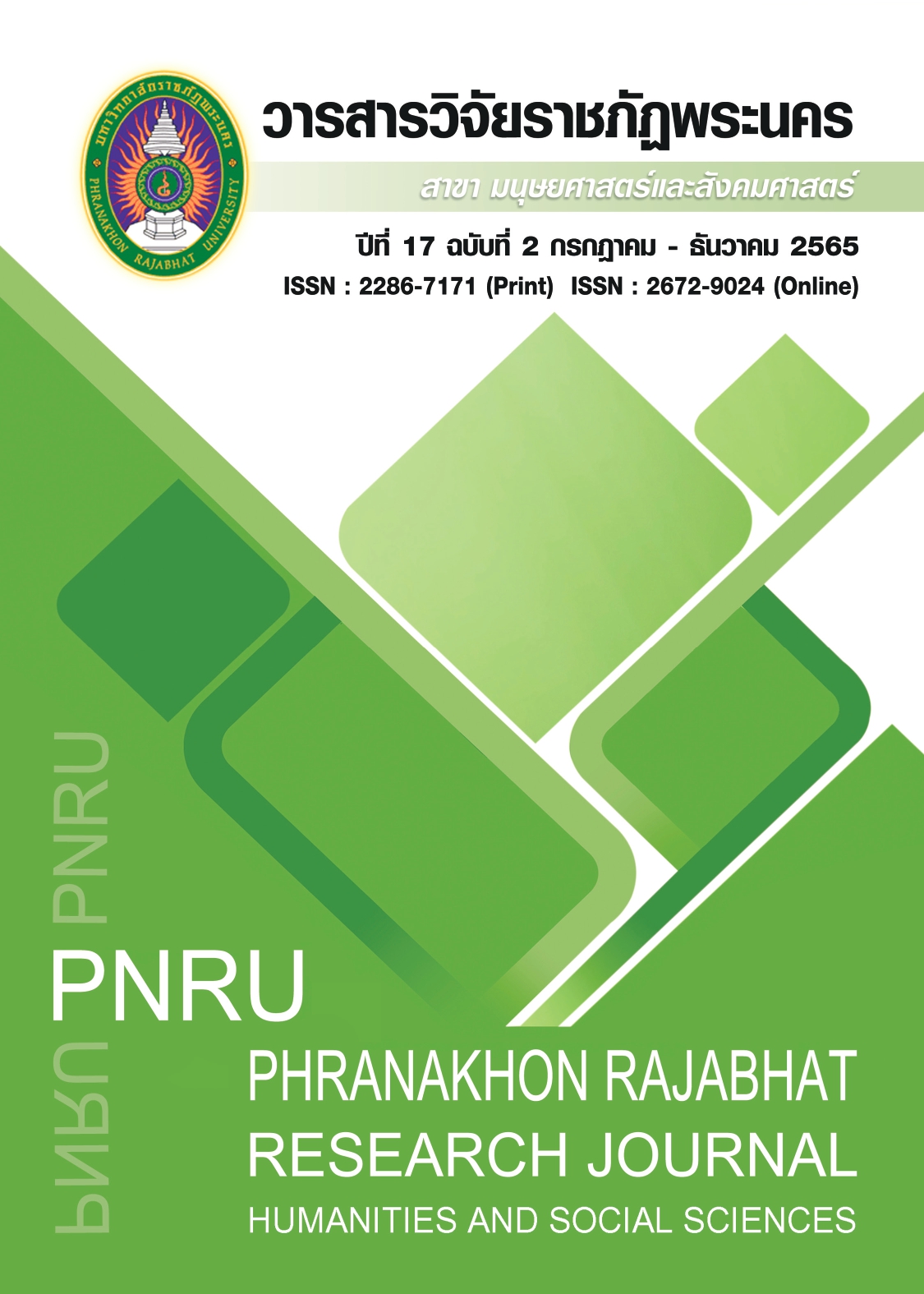THE IMPACT OF ARTIFICAIL INTELLIGEMCE ON EDUCATION
Main Article Content
Abstract
This article aims to examine the impact of artificial intelligence on education. According to the study, the impact of artificial intelligence on education is: 1) Artificial intelligence can help learners to study, can help teachers to prepare and maintain the course content in the database, and can track the progress of students. 2) Artificial intelligence has a huge impact on curricula in higher education and enrollment of students. 3) The strengths of artificial intelligence are speed, accuracy and consistency. The disadvantage is the lack of soft skills. 4) There should be measures for robot teachers and artificial intelligence to be under human supervision. 5) The integration of artificial intelligence in education takes time, is complex, takes effort to work, and to be successful requires the cooperation of many groups. The expected outcomes of this paper are to inform teachers, educational personnel, and students about the impact, knowledge, skills, competencies, and self-improvement preparations in an era where artificial intelligence plays an increasingly important role in education.
Article Details

This work is licensed under a Creative Commons Attribution-NonCommercial-NoDerivatives 4.0 International License.
Each publish articles were copyright by Phranakorn Rajabhat University
Any contents which appeared in each articles in the journal were authors personal opinion. It did not relate to Phranakorn Rajabhat University and other instructors in the university. Each authors would take responsibility on their articles. If there are any mistake, the authors will take responsibility themselves
References
Borana, J. (2016). Applications of artificial intelligence & associated technologies. International Conference on Emerging Technologies in Engineering, Biomedical, Management and Science [ETEBMS-2016], 2016, 64-67.
Chaturvedi, D. K. (2008). Soft computing. Studies in Computational intelligence, 103, 509-612.
Jaladin, R.A. (2004). Psychology and Artificial Intelligence: A road to reconciliation in the construction of artificial intelligences.
Katsikeas, C.S., Morgan, N.A., Leonidou, L.C., & Hult, G.T. (2016). Assessing Performance Outcomes in Marketing. Journal of Marketing, 80, 1-20.
Kumar, N. S. (2019). Implementation of artificial intelligence in imparting education and evaluating student performance. Journal of Artificial Intelligence, 1(1), 1-9.
Lomas, L.M. (2016). Business-to-Business Marketing Perceptions: Customer Knowledge Management and Customer Engagement. (Walden Dissertations And Doctoral Studies). Walden University, Minneapolis, Minnesota.
Ma, Y., & Siau, K. L. (2018). Artificial intelligence impacts on higher education. MWAIS Proceedings, 42(5), 1-5.
Nadikattu, R. R. (2016). The emerging role of artificial intelligence in modern society.International Journal of Creative Research Thoughts, 4, 906-911.
Tao, B., Díaz, V., & Guerra, Y. (2019). Artificial intelligence and education, challenges and disadvantages for the teacher. Arctic Journal, 72(12), 30-50.
Tuomi, I. (2018). The impact of artificial intelligence on learning, teaching, and education. Luxembourg: Publications Office of the European Union.
Yang, S., & Bai, H. (2020). The integration design of artificial intelligence and normal students’ education. In Journal of Physics: Conference Series, 1453(1), 012090.


